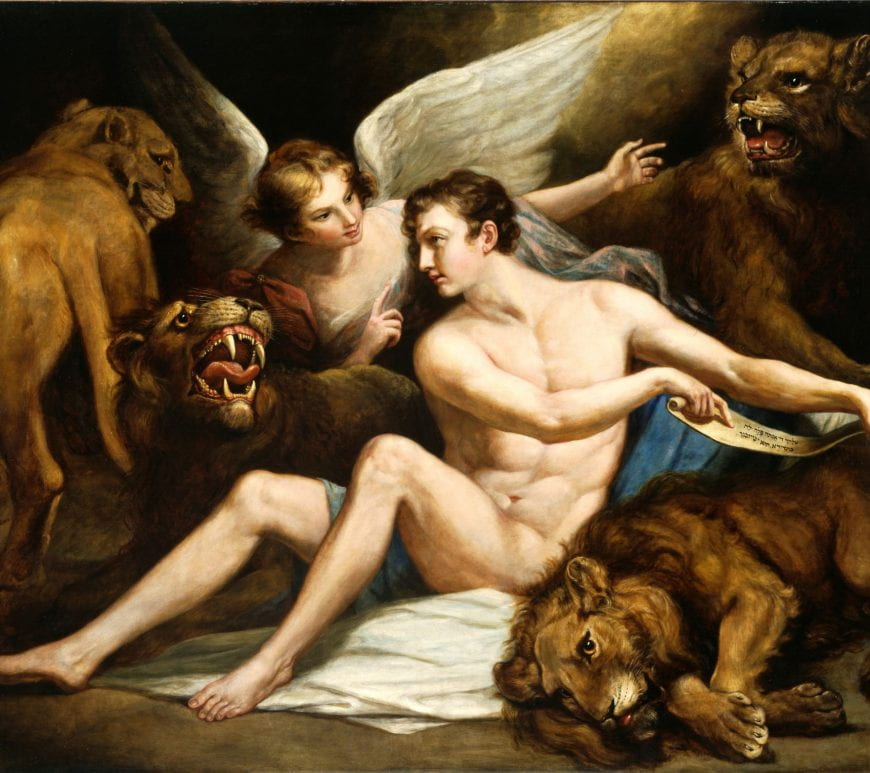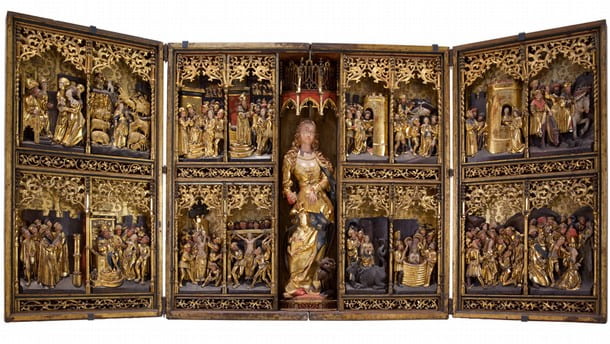What language does God speak?
By Julia Liu, Wren McMillan, Ann Rayburn This is a genuine question. For all we know, God most probably speaks a language. Or rather, language holds an incredibly role in the Bible as well as the Old Testament narratives. In Genesis, God created the world by commanding. He said, “let there be light”. And there was light. It was God’s words that made the world. In the Old Testament narrative,…






